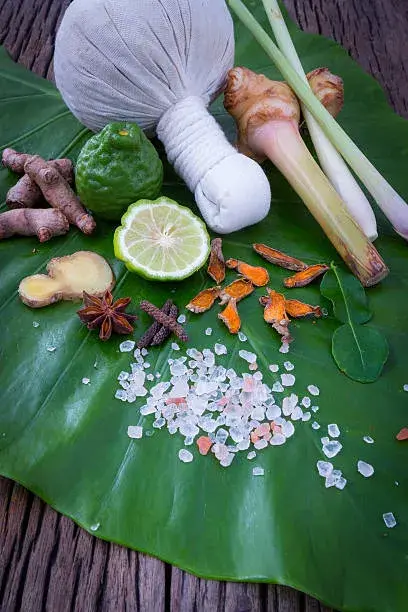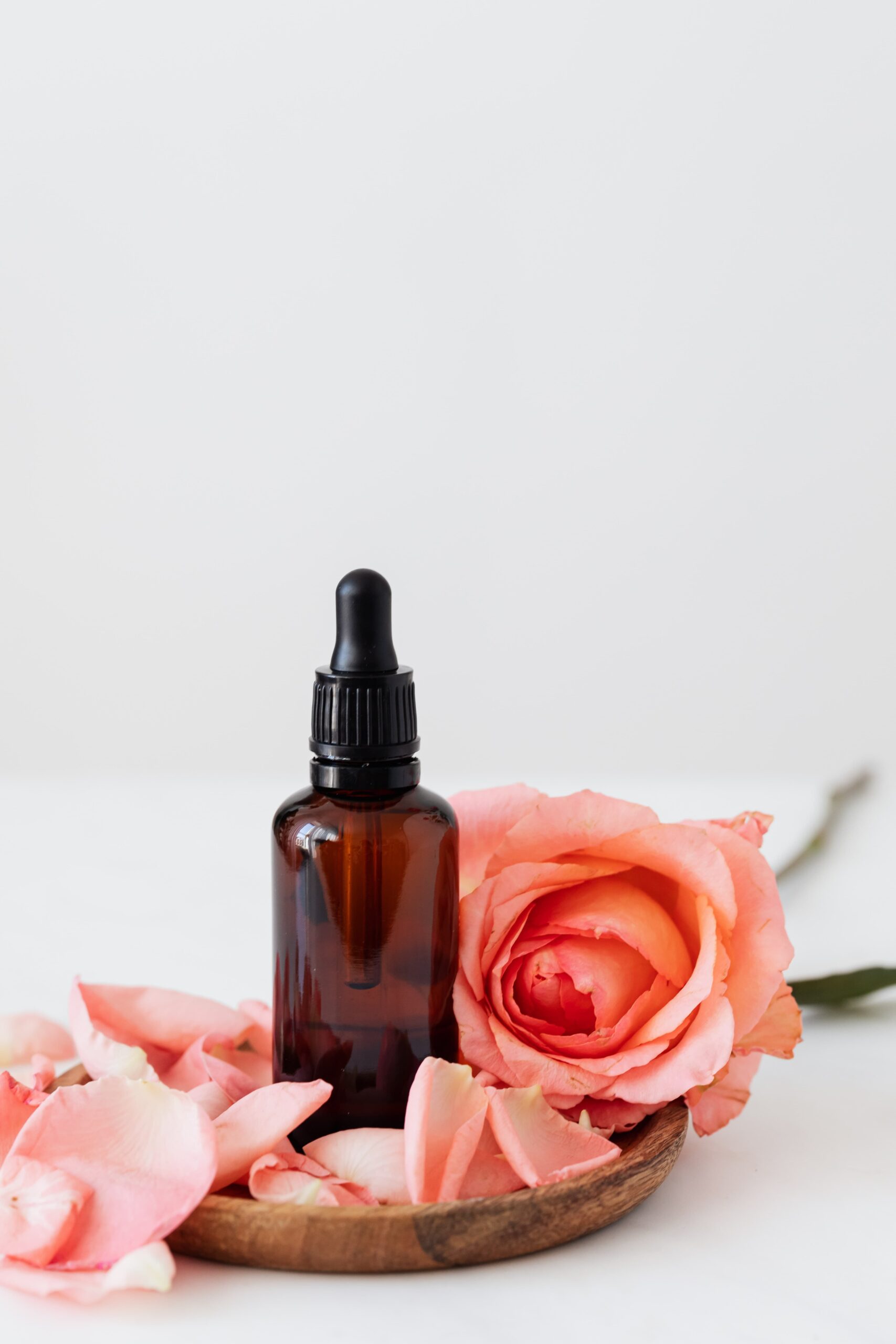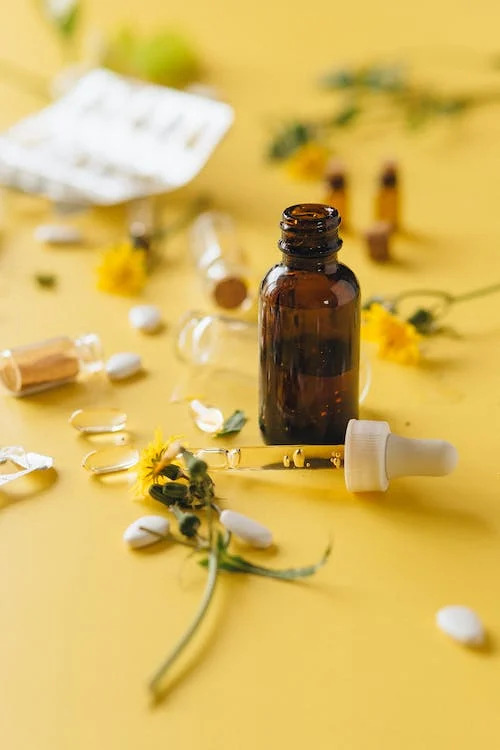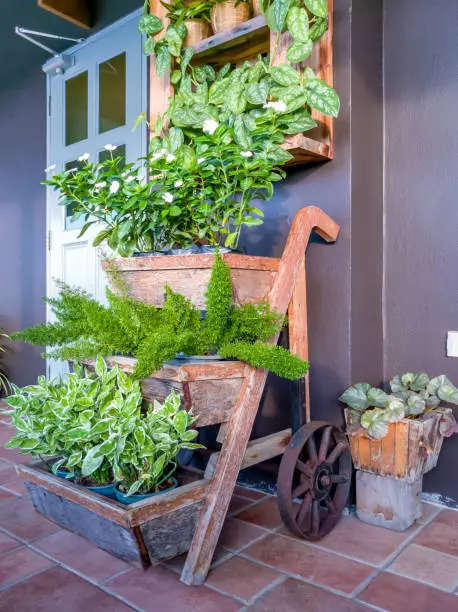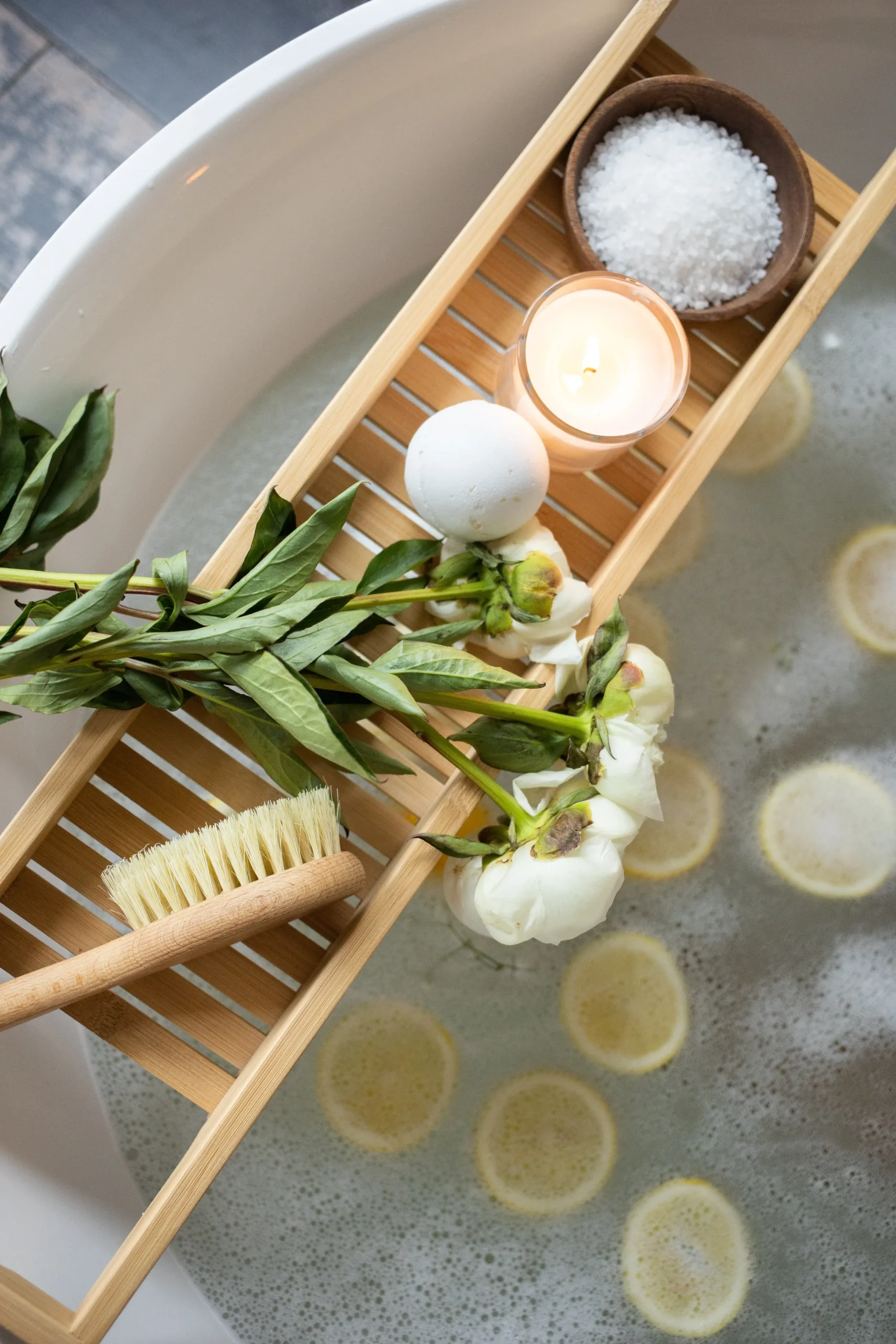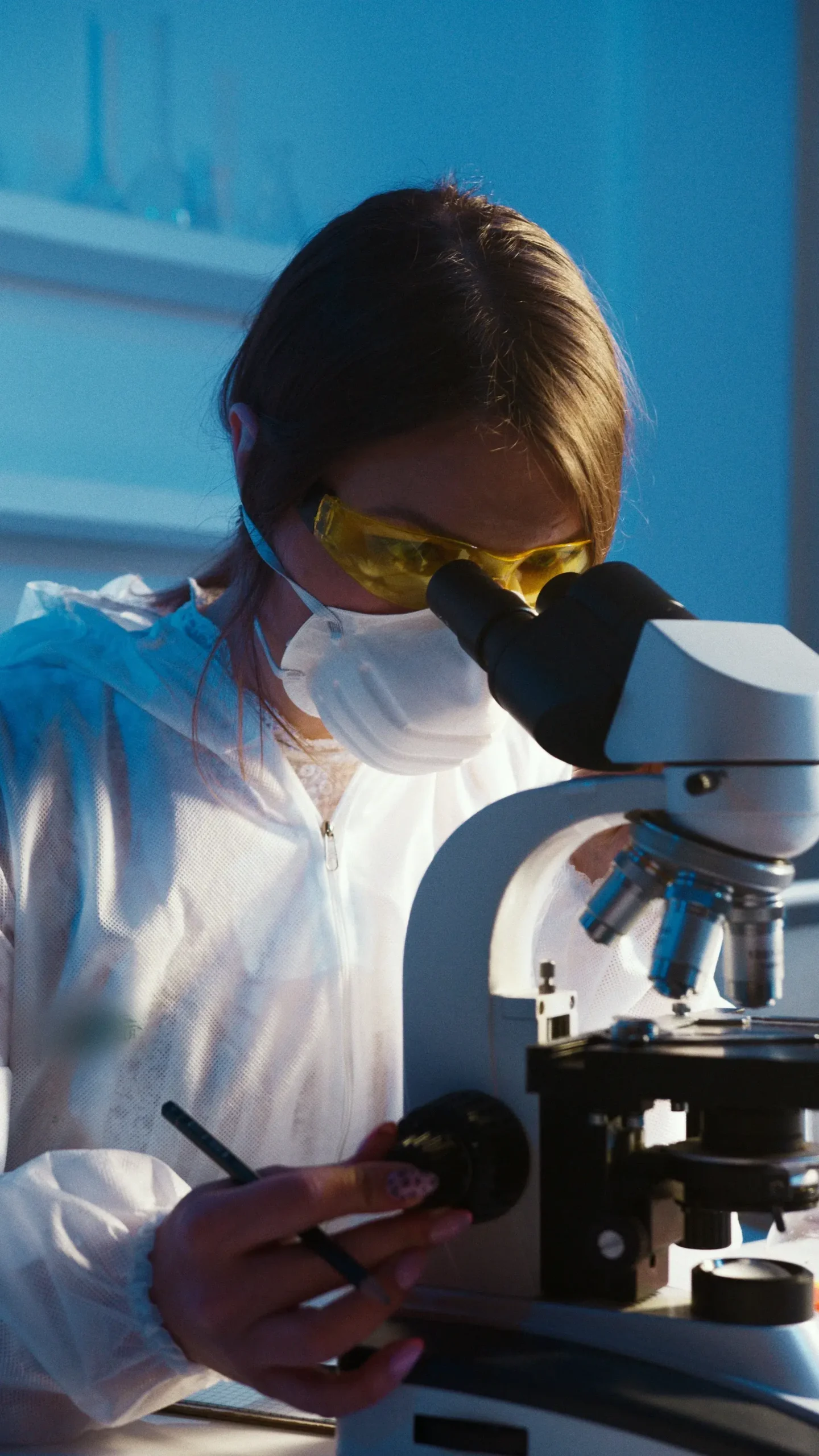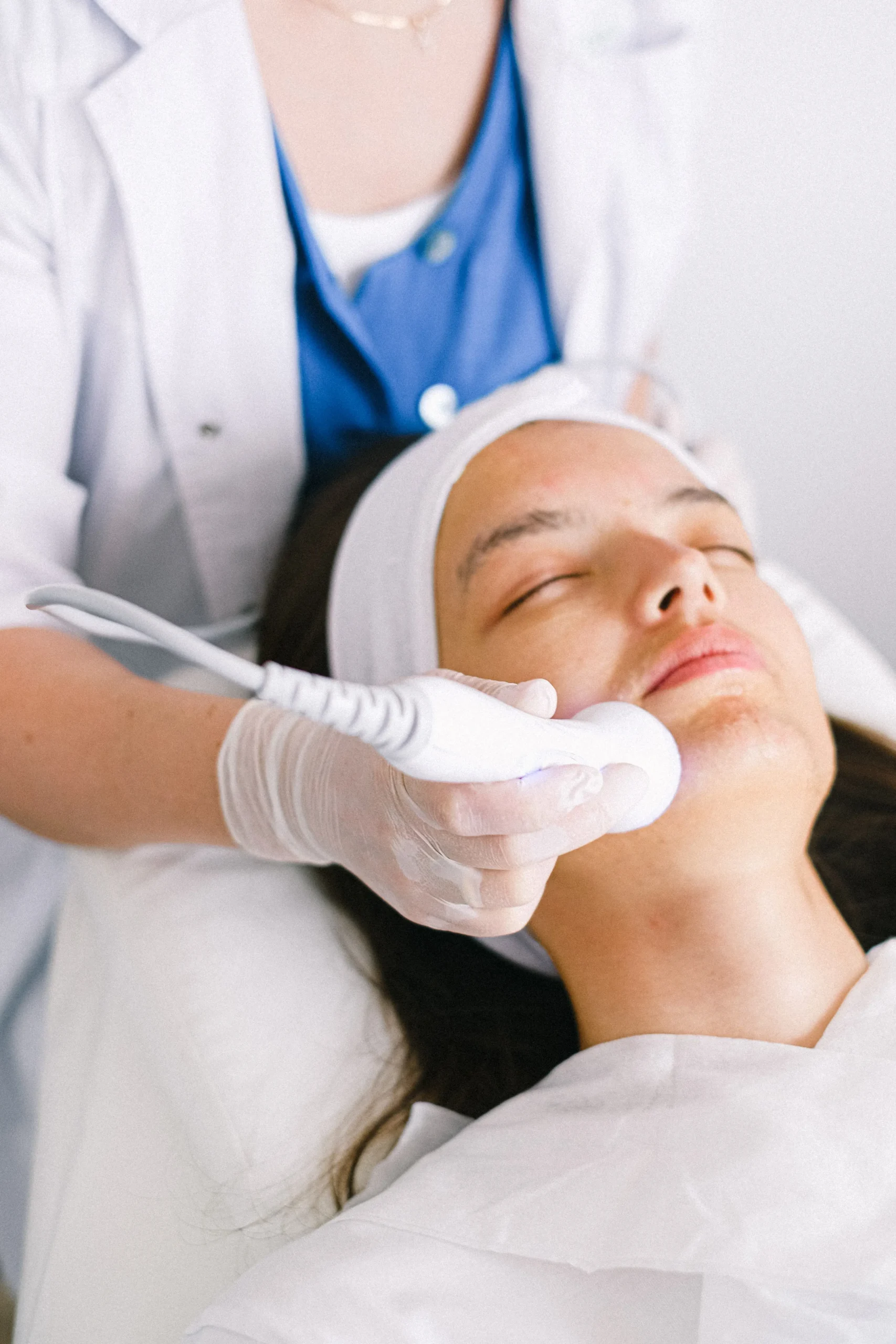peppermint Tea
Many people plant peppermint in their gardens simply to enjoy its spicy fragrance on hot summer days. If you plan to grow peppermint for other reason be sure to choose the variety with the greatest medicinal effect (there are more than 20 species of the herb). True peppermint, Vientha piperita, has the highest number of active agent, including the essential oil menthol, which olives the herb its healing powers. Tea preparations made from the jagged green leaves of true peppermint are highly prized for their ability to help prevent convulsions and flatulence. Peppermint tea is also a useful remedy for irritable bowel syndrome. In addition, it can alleviate the symptoms of headaches (including migraines) and stimulate liver and gallbladder functions. The fresh, spicy aroma of peppermint tea can also counteract motion sickness. and sipping a ¢ up of the tea helps to freshen breath.
Preparation of the tea
Pour 1 cup of boiling water over 1 tbsp. of dried peppermint leaves picked from your garden, or use a commercially available peppermint tea bag. Steep for 10 min. If desired, sweeten with honey, brown sugar or maple syrup. Drink a cup of the tea in small sips after meals, up to 3 cups per day.
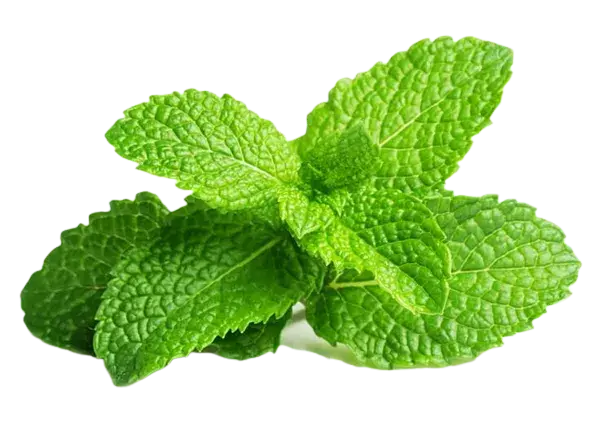
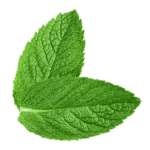
Peppermint Tea
Therapeutic Effect: Menthol is the primary active ingredient in peppermint. This essential oil eases nausea, colic, diarrhea, headaches, gastritis and menstrual cramps. In addition peppermint is rich in the enzymes peroxidase and catalase, which help strengthen immune system. It also contains potassium, calcium and B vitamins to combat bone loss.
🙤 For cramps and nausea
The essential oil menthol exerts a slight relaxing effect on the lining of the stomach and intestine, thereby relieving gastrointestinal cramping. It also stimulates digestion and helps to prevent gallstones from forming. In addition, the increased flow of bile has a positive effect on the body’s general metabolism of fat.
🙤 For the central nervous system
The invigorating effect of peppermint can be attributed to its wealth of B vitamins, including riboflavin, niacin and folic acid. These vitamins act on the nerves and brain, helping to improve concentration and performance. Opt for fresh peppermint leaves when possible; they contain more B vitamins than dried leaves.
✽ Medicinal Uses ✽
♦ For intestinal disturbances
For prompt relief of mild stomach disorders, nausea, vomiting or flatulence, drink 1 cup of peppermint tea after meals, in small sips. Warning: Peppermint tea should never be given to infants or small children; they may have an adverse reaction to the menthol.
♦ As a calming additive for the bath
To help you relax and to treat skin eruptions ammmd by stress. Steep 5-6 tbsp. water. Pour the tea into a tub filled with water (about 100 °F), then soak in the bath for about 15 min.
♦ First aid for sore throats
Because of its germicidal effect, strong peppermint tea is a good preventive remedy to use at the first sign of a sore throat. Make a fresh batch of tea, allow it to cool to lukewarm and gargle several times a day
♦ For motion sickness
Peppermint tea is the ideal remedy for motion sickness. As a preventive, drink 1 cup of tea 3 times a day 3 days before traveling by car, plane or boat. You can also take along a thermos of warm peppermint tea to sip slowly in case you require relief during your trip.
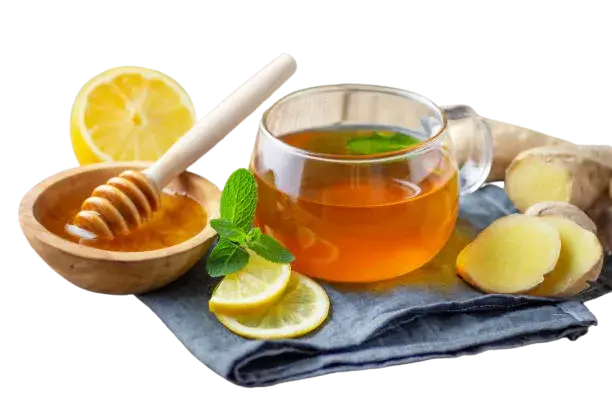
Take care !
Peppermint tea is not recommended for people with heartburn or stomach problems due to gastroesophageal reflux disease (GERD). It could worsen symptoms.
Healing tea mixture
To relieve intestinal cramps
3/4 oz. peppermint leaves
‘/2 0z. camellia leaves
‘/4 0Z. gingerroot
Use 1 tsp. of the mixture per cup of hot water. Steep the mixture 10 min. and strain. This slightly bitter but soothing, warming tea helps stimulate digestion.
To settle upset stomach
8 0z. peppermint leaves
8 0z. lemon-balm leaves
8 oz. fennel seeds
Use 1 tsp. of the mixture per cup of boiling water. Steep for 10 min., then strain. This combination of healing plants alleviates cramps and soothes the initial lining
To calm the nerves
1/2 oz. peppermint leaves
1/2 oz. lemon-balm leaves
Use 1 tsp. of the mixture per cup of boiling water; steep for 10 min.; strain.
Take care
Peppermint tea is not recommended for people with heartburn or stomach problems due to gastroesophageal reflux disease (GERD). It could worsen symptoms.

